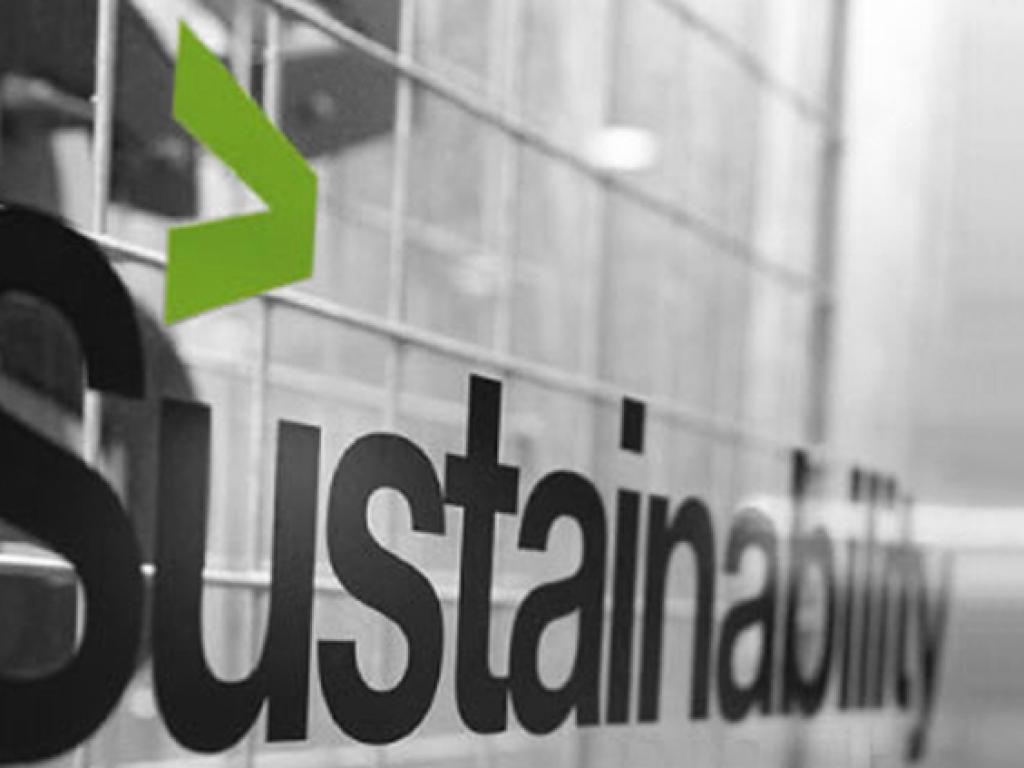Is ‘sustainable’ adaptation achievable?

“We live today in an age of ‘sustainababble’, a cacophonous of uses of the word ‘sustainable’ to mean anything from environmentally better to cool” (Engelman, 2013: 3)
The concept of sustainable adaptation is gaining currency in contemporary debates on how to respond to climate change particularly in developing countries (Brown 2011; Eriksen et al 2011). This blog interrogates whether this concept can really be achieved in practice. Sustainable adaptation has been defined as adaptation actions that contribute to socially and environmentally sustainable development pathways, including social justice and environmental integrity (Eriksen et al, 2011). Sustainable adaptation therefore automatically attracts more/less similar criticisms that ‘sustainable development’ – from which it mainly derives its conceptual pillars – faced over the years. An example of a critisism, in this case, is the difficulty in trying to convincingly explain how sustainable adaptation can synergize sustainability and adaptation goals.
On this backdrop, the concept of ‘sustainability’ itself has been described as ‘slippery’ (Mog, 2011; Brown, 2011) and by others as ‘complex’ and ‘confusing’ (Faber et al, 2005). The term ‘sustainable’ (which is the root word for the ‘sustainability’ concept), whilst ordinarily referring to and associated with positive actions and processes that are ‘long-lasting’, ‘continuous’, able to ‘keep up’ or ‘keep going’ (Oxford English Dictionary, 2011); has, in scholarly debates, evolved mainly in livelihoods discourse to describe livelihoods which are capable of responding to and recovering from stresses and shocks as well as maintaining and/or enhancing their capabilities and assets presently and in the future without undermining the natural resource base (Chambers and Conway, 1992; Scoones, 1998).
A sustainable adaptation agenda thus implies balancing social, environmental and economic concerns in adaptation endeavors, with an eye for both intra and intergenerational equity. The concept is implicitly based on normative notions of equilibrium and predictability where adaptation measures and responses to climatic and related challenges should be conscious of both current and future generations’ assets and capabilities. In the context of vulnerability trends characterizing particularly most developing countries, in which multiple, dynamic and reinforcing stresses and shocks are generating unpredictable outcomes, these notions underlying sustainable adaptation may fail to hold. Ultimately the concept of sustainable adaptation can therefore be very difficult to put into practice and/or becomes susceptible to a wide range of interpretations in different contexts. As Mog (2011) suggests, sustainable (adaptation) should arguably be thought therefore not as an achievable end-point, “but as a harmonious convergence with which we must strive to stay in tune”. Food for thought…
Thumbnail: http://www.dssr.co.uk/practice/services/sustainability.html
References
Brown K, 2011, Sustainable adaptation: An oxymoron? Climate and Development, 3(1), pp21-31
Chambers R and Conway G R, 1992, Sustainable Rural Livelihoods: Practical Concepts for the 21st Century, IDS Discussion Paper, 296, 1-29
Engelman R, 2013, Beyond sustainababble. In State of the World 2013, Is sustainability still possible? The Worldwatch Institute
Eriksen S, Aldunce P, Bahinipati C S, Martins R D, Molefe J I, Nhemachena C, O’Brien K, Olorunfemi F, Park J, Sygna L and Ulstrud K, 2011, When not every response to climate change is a good one: identifying principles for sustainable adaptation. Climate and Development, 3(1), pp 7–20
Faber N, Jorna R and van Engelen J, 2005, The sustainability of “sustainability” – a study into the conceptual foundations of the notion of “sustainability”, Journal of Environmental Assessment Policy and Management, 7(1), pp1-33
Mog J, 2011, UofL Green Scene: What is sustainability? Available online at here
Oxford English Dictionary, 2011, Oxford, Oxford University Press
Scoones I, 1998, Sustainable Rural Livelihoods: A Framework for Analysis, IDS Working Paper 72, London, IDS